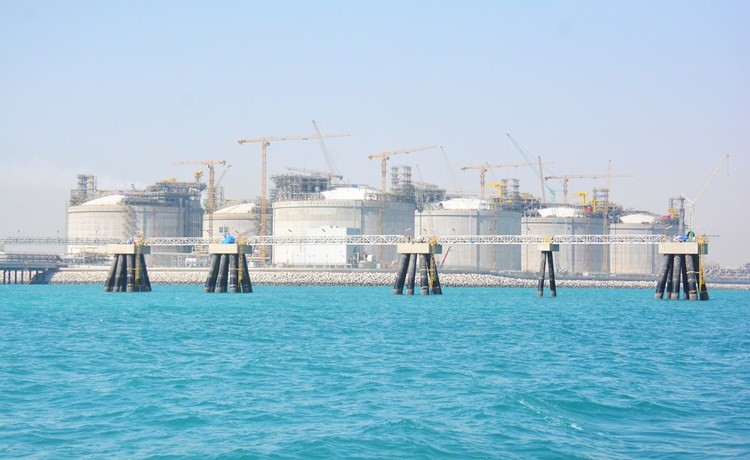The Kuwait Petroleum Corporation (KPC) has been grappling with a persistent issue in recent years – the inability to collect revenues from its fuel sales to the Ministry of Electricity, Water, and Renewable Energy. This ongoing challenge has been a cause of concern, as it has led to deficits and shortcomings for the corporation.
One of the key factors contributing to this problem is the absence of an agreement to collect dues, coupled with the lack of necessary procedures to ensure the accuracy of quantity readings among all parties involved. These issues have created a complex situation that requires careful resolution.
According to reports from Al-Anba daily, the KPC has identified that a significant portion of the outstanding debt, amounting to 89% of the total balance for the fiscal year 2022/2023, is linked to the corporation’s sales of imported liquefied natural gas. The main point of contention revolves around the inclusion of operational and capital costs of the permanent facility for importing gas from Al-Zour in the pricing equation.
In an effort to address this matter, the KPC has held several coordination meetings. However, due to the complexity of the issue, it was eventually escalated to the Council of Ministers. Based on the Economic Affairs Committee’s meeting, the Council made a decision that the matter should be returned to the Ministry of Electricity and Water for coordination with the Ministry of Finance, KPC, and the authorities managing fatwas and legislation. This comprehensive study aims to address the issue from all angles and find a viable solution.
In the meantime, an agreement was reached between the KPC and the Ministry of Electricity and Water to issue invoices for imported liquefied gas, excluding the disputed costs, in order to prevent the accumulation of debts. However, despite this agreement, no invoices had been settled by the end of the fiscal year 2022/2023.
In July, the KPC reached out to the Ministry of Electricity, seeking information on the steps taken to implement the Council of Ministers’ decision. Additionally, a letter was sent to the Ministry of Finance, highlighting the liquidity shortage on June 22, 2023. The proposal suggested the formation of a collaborative team to expedite payments and address outstanding issues with the Ministry of Electricity and Water.
This issue holds significant importance for the KPC, as it has received consistent inquiries from regulatory authorities, particularly the Audit Bureau. As of March 31, 2023, the Audit Bureau noted that KPC’s claims on the Ministry of Electricity and Water amounted to 2.4 billion dinars. The Bureau has observed delays in the collection of these claims, which is in contrast to the terms of the agreement. The agreement mandates invoicing in US dollars and requires the Ministry to settle invoices within 30 days, without objection, claim, deduction, or withholding, as outlined in Clause No. 11 of Annex No. 6.
The Kuwait Petroleum Corporation is actively working towards resolving this issue and ensuring the collection of its rightful revenues from fuel sales to the Ministry of Electricity, Water, and Renewable Energy. By addressing the challenges and implementing effective procedures, the corporation aims to overcome the ongoing deficits and shortcomings it has faced in recent years.







